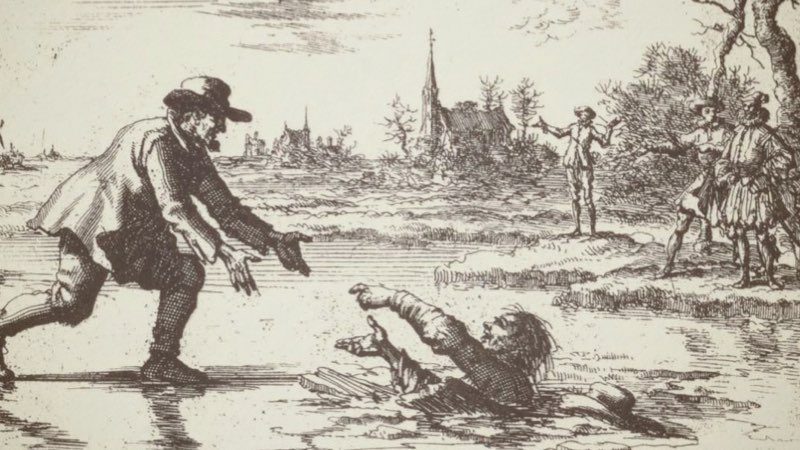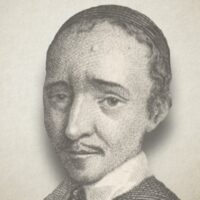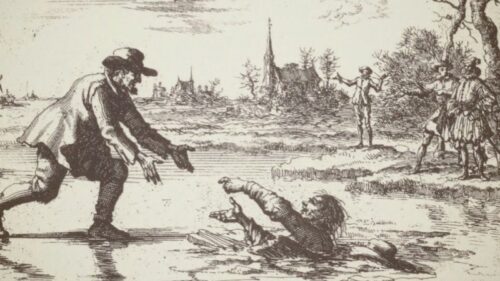
3. Of the Church’s Continuance
In What Points the Church of God has Always Continued the Same
God has always ordained teachers in His church, and, therefore, always caused His will to be proclaimed to the people; which commenced principally in the days of Enos, the grandson of Adam; for then began men to call upon the name of the Lord. 4:26. Enoch, the seventh from Adam, preached of the judgment and the great day of vengeance of the Lord. Jude vv. 14, 15. Abraham, the father of the faithful, preached of the name of the everlasting God. Gen. 21:33. Moses preached of the faithfulness, goodness, and righteousness of God; so that his doctrine dropped as the rain, and his speech distilled as the dew. Deut. 32:2-5. David preached of the righteousness of God in the great (God’s) congregation, and would not let his mouth be stopped, that is, he would not be overcome by his adversaries. Ps. 40:10. Afterwards, all the holy prophets: Isaiah, Jeremiah, Ezekiel, Daniel, Hosea, Joel, Amos, Obadiah, Jonah, Micah, Nahum, Habakkuk, Zephaniah, Haggai, Zechariah, and Malachi, preached of the laws, punishments and promises of God, and prophesied of the blessed and felicitous coming of the Messiah whom God had promised. Read the books containing their prophecies, throughout. After the time of the Prophets, Christ Himself preached of the fulfillment of the time, the coming of the kingdom of heaven, repentance, and faith in the Gospel. Mark 1:15. The apostles followed the example and the command of their Lord, in proclaiming the will of God; and not that alone, but when their departure was nigh at hand, they appointed others in their stead, as Timothy, Titus, the seven teachers in the seven churches in Asia, who also, especially Timothy, were charged to appoint faithful men, who would be able to teach others also. II Tim. 2:2. In order, moreover, that the church of Jesus Christ might always know, according to what rule persons were to be chosen for the ministry, the Holy Spirit, through the hand of Paul, has written concerning this matter, and transmitted it to posterity. I Tim. 3:1-7; Tit. 1:5-9.
Besides the office of preaching, which has always belonged to the church, various other articles, in faith [In the matter of faith all the pious, from the beginning, looked to the Messiah; to whom also we, in these last days, must look; for He is the foundation not only of the apostles, but also of the prophets. Eph. 2:20.—Divine worship, humility, righteousness, faithfulness, and many other virtues, have been common in the ancient church as well as now in the last church.] and life as well as in outward worship, which have always obtained, and must still obtain, could be mentioned; however, since we think we have pointed out the chief article, by virtue of which, principally, a church is a church, and through what the same is sustained, we will, so as not to bring too much of the same thing, dismiss the subject here, and proceed to the stability, durability, and visible discernibility of this church, as we have promised in the beginning.
Thieleman J. Van Braght (1625-1664) was an Anabaptist who is best known for writing a history of the Christian witness throughout the centuries entitled “The Bloody Theater or Martyrs Mirror of the Defenseless Christians who baptized only upon confession of faith, and who suffered and died for the testimony of Jesus, their Saviour, from the time of Christ to the year A.D. 1660” (1660).
Thieleman J. Van Braght, Martyrs Mirror




